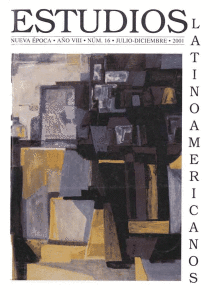Some trends of liberalism in Latin America
Main Article Content
Abstract
The trend to the formation of a free trade area in the Americas travels, in a large part, the high inflation regimes in the two last decades and the privileged position that the financial capital comes obtaining since then. On the other hand, it represents the depletion of the old development policies and the deliberate adoption of the liberal ones. The commercial union hypothesis points in the direction of the fact that the growth strategies assume the principles of the free-exchanges policy that valorize the external market as the main way of promotion of the economic growth. This article analyzes the external and internal determinant of the creation of a commercial and monetary union, its advantages and disadvantages, as well as the limits and the possibilities of the policy that would promote it. The essay indicates that the promoted economic and social development desirable, under these bases, it does not allow a positive insert in the international markets with national autonomy and with the maintenance of the parity of the exchanges terms between the countries.
Downloads
Article Details
Citas en Dimensions Service

Este obra está bajo una licencia de Creative Commons Reconocimiento-NoComercial-SinObraDerivada 4.0 Internacional.

